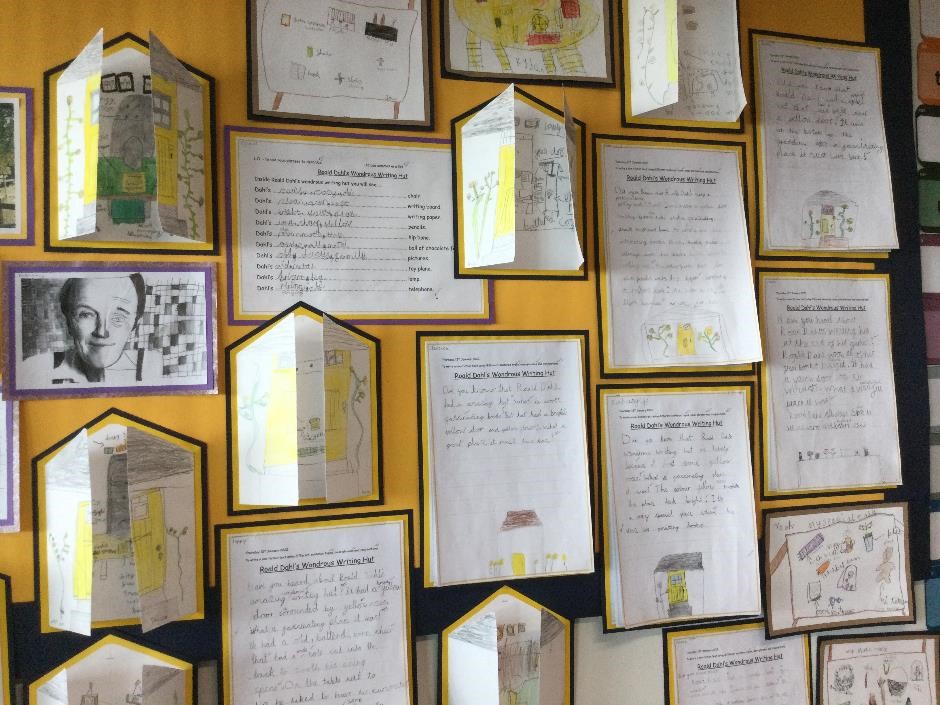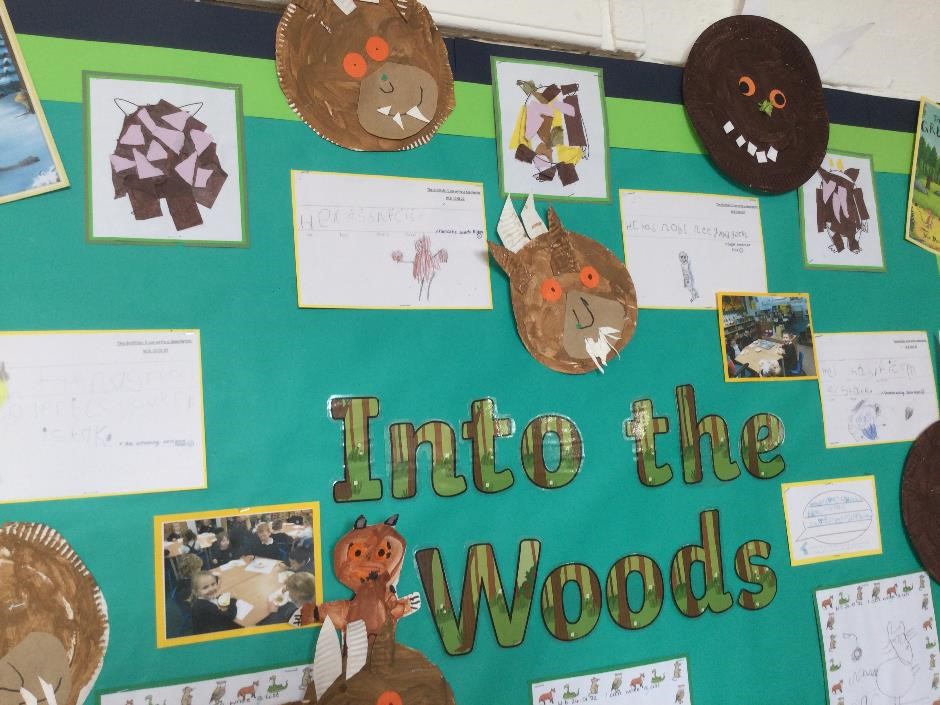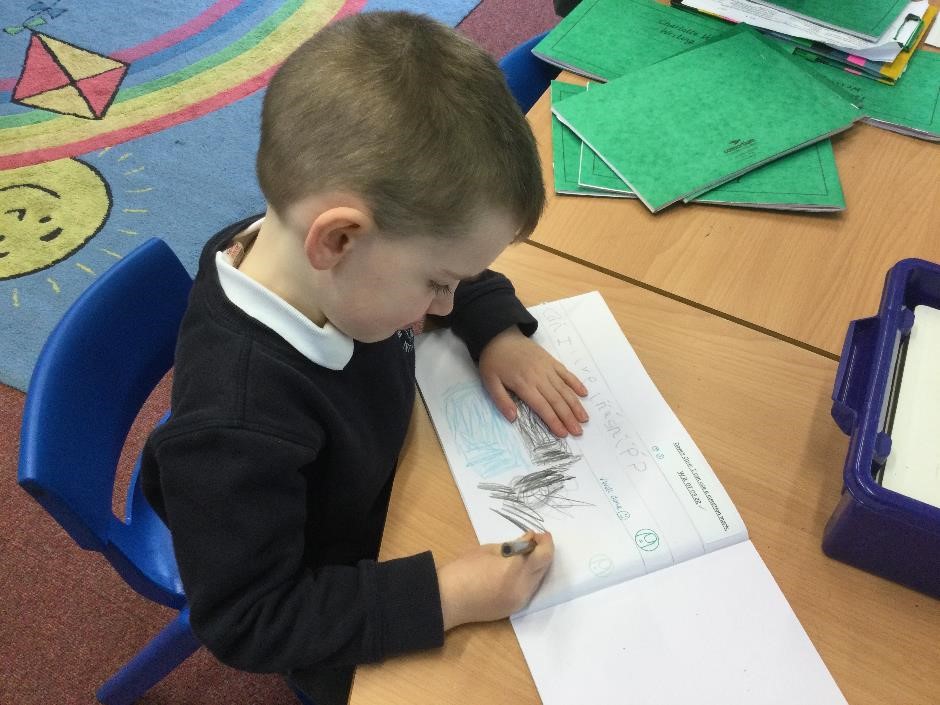English
Phonics
We use the phonics scheme 'Unlocking Letter and Sounds' which was validated by the DfE in December 2021 to teach phonics.
We begin teaching phonics in the first few weeks of term 1 in Reception and children make rapid progress in their reading journey. Children begin to learn the main sounds heard in the English language and how they can be represented, as well as learning 'Common Exception' words for Phases 2, 3 and 4. They use these sounds to read and write simple words, captions and sentences. Children leave Reception being able to apply the phonemes taught with Phase 2, 3 and 4.
You can use this link to help in your own understanding on how to produce the 'pure' sounds when teaching phonics to your child.
Phase 2 Phonics Actions Video Phase 2 - Actions, Images and Letter Formation
Phase 3 Phonics Actions Video Phase 3 - Actions and Images
In Year 1 we begin by revising Phase 4 and in Term 2 we teach Phase 5a, b and c. They also learn any alternative spellings and pronunciations for the graphemes and additional Common Exception Words. By the end of Year 1 children will have mastered using phonics to decode and blend when reading and segment when spelling. In Year 1 all children are screened using the National Phonics Screening Check.
In Year 2, the children begin the year by revisiting Phase 5 and then phonics continues to be revisited to ensure mastery of the phonetic code and any child who does not meet age related expectations will continue to receive support to close identified gaps. They will then move onto Phase 6 where they will learn spelling patterns detailed in the National Curriculum.
Unlocking Letters and Sounds - Summary Progression
You can find out more information about Phonics and Early Reading in School here Phonics and Early Reader Workshop for Parent Oct 2025 and you can also check out A Guide for Parents on the phonics screening check.
Impact
The children in Year 1 complete the standardised phonics check in the summer term.
Outcomes in school are consistently above the National and LA averages.
| 2021-2022 (Year 1) | 2022-2023 (Year 1) | 2023-2024 (Year 1) | |
| School | 79% | 92% | 85% |
| Local Authority | 75% | 79% | 81% |
| National | 75% | 79% | TBC |
Writing
Writing is at the heart of all we do at Wootton Bassett Infants’ School as we want our children to enjoy writing and to view themselves as writers. We teach writing through our creative and cross-curricular approach, which is topic based. Across our school English lessons are taught using high quality books and supplemented with interesting and thought-provoking role play areas, visits, small world play areas, educational videos, visitors to the school and vibrant, creative displays. Writing is taught in response to these experiences which enables the children to think of themselves as writers so they enjoy producing imaginative texts of their own. Our genre map ensures that there is a balance between fiction, non-fiction and poetry and therefore our writing in response to these genres is also balanced and the children write in many different forms. We also promote writing for pleasure through ensuring the children have regular opportunities to write for an audience and enjoy regular ‘free writing’ opportunities where each child is provided with a ‘Free Writing book’ in which they can chose what writing they produce. We also run a yearly story writing competition which the children complete during the Easter holidays. The entries are made into a book of stories and displayed on our school writing display.
Classroom displays celebrate the children’s writing and a whole school writing display in our office building shows how the children progress though each year group. Each class has a ‘working wall’ which ensures that children know what they are learning and how to be successful writers in the lesson. This is then referred to throughout the lesson by the class teacher and the children. Classroom displays also include our ‘word of the day’ or ‘word of the week’ this is a challenging word that relates to the text that they are learning about. This ensures that vocabulary is expanded and embedded so they can then use it in their writing. These words are then transferred to a ‘treasure box’ permanently displayed so our magpie writers can continue to refer to them and use them in their own writing.
The children start to write from the very beginning in our Reception classes. Opportunities to write and embed learning is provided through the classroom continuous provision both indoors and outdoors. The children are taught to write using a phonetic approach and the children begin to write straight away through emergent writing with all efforts being celebrated and shared. Handwriting and letter formation is taught alongside phonics using the Letter-join scheme. The children develop their independence when writing and develop their ability to spell words and write in sentences using punctuation. They are also taught how to begin to use classroom resources to support them as independent writers.
In Key stage 1 a spelling and punctuation English lesson is taught once a week and the skills learnt are reinforced and embedded during all English lessons. The children are also writing during other lessons such as Science, History or Geography. The children have a separate Handwriting lesson which teaches joined writing in the cursive style using our Letter-join scheme. Into Year 2 the children begin to develop their ability to use spelling patterns in their writing and follow the school progression and Phase 6 Phonics scheme. The children continue to follow the Letter-join scheme for handwriting.
 All classrooms have consistent resources to support the children’s writing. These range from letter and sound strips in Reception to finger spacers and common exception word mats (tricky words) in year 1 and year 2. All classes display our Letter-join cursive handwriting style.
All classrooms have consistent resources to support the children’s writing. These range from letter and sound strips in Reception to finger spacers and common exception word mats (tricky words) in year 1 and year 2. All classes display our Letter-join cursive handwriting style.
More information on Handwriting progression can be found here Handwriting Overview for all years
Spelling Progression
Reception Spelling Progression (Term 3-6)
Speaking, Listening and Vocabulary
At Wootton Bassett Infants’ our children learn in a very language rich environment. Children are encouraged to speak clearly and in an audible voice and they are exposed to and encouraged to use a wide and varied vocabulary. Books are often chosen as the centre of our topics so that the children are exposed to a creative and often challenging use of words for their age. Adults provide good role models of spoken language and listening skills. Children are taught how to listen and respond appropriately to adults and their peers. They learn how to maintain attention and participate in conversations. They also learn how to ask relevant questions to extend their understanding and knowledge. Children have structured opportunities to build their vocabulary and learn to speak audibly and fluently. They are also encouraged to answer and speak in complete sentences justifying their answer, eg, “I think ….. because …..”. They learn how to articulate and justify answers, arguments and opinions.
